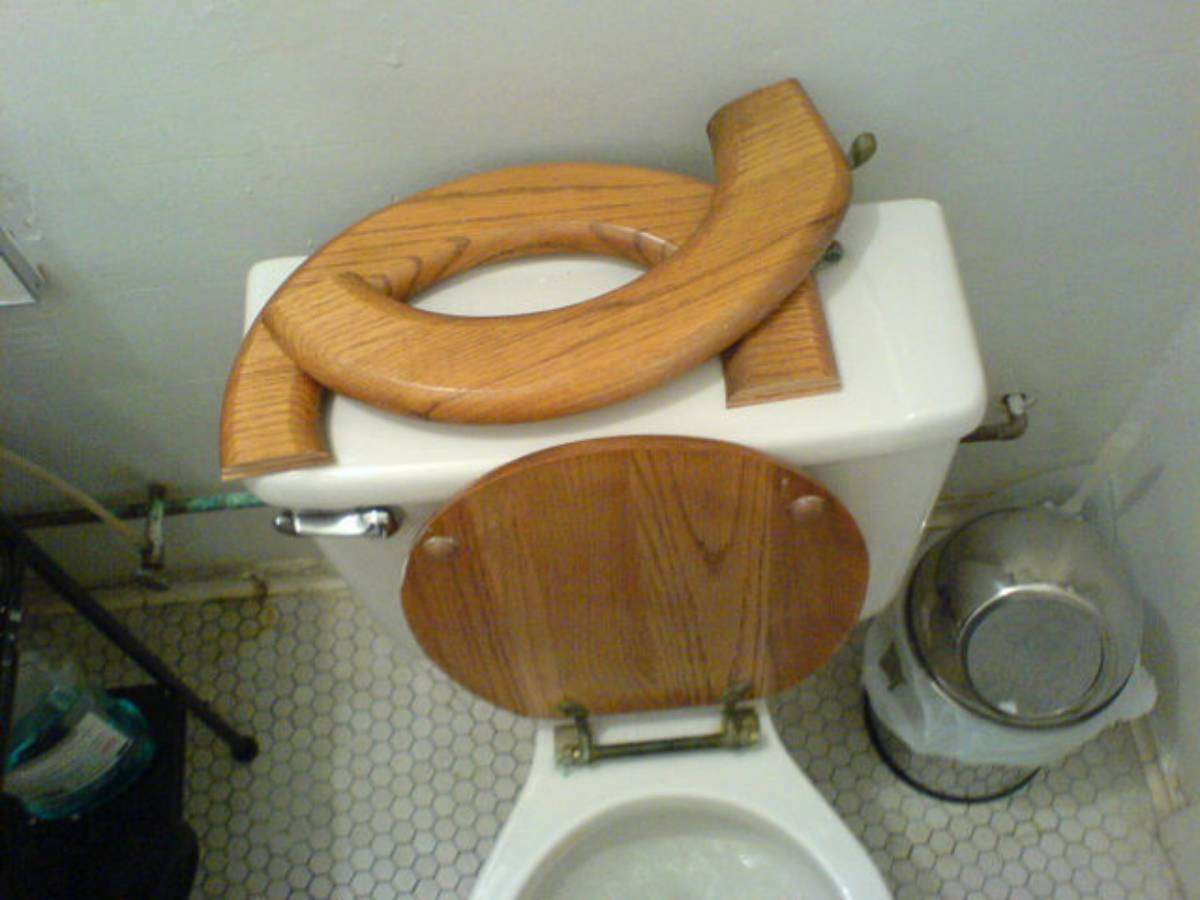Whether you are moving across town, across the state, or across the country, your moving costs can quickly add up.
The typical cost to move can range between $500 and $5,000.
When planning your next move, you need to consider the costs associated with the following things:
- movers or a moving truck
- packing supplies
- temporary storage for your things
- moving insurance
- the unexpected
Following are the biggest line-items that greatly influence your overall cost to move…
Renting A Moving Truck vs Hiring A Moving Company
You can take a do-it-yourself approach and rent a moving truck, or you can hire professional movers to transport your things from your old house to your new one.
Each has its own costs, pros, and cons.
While it might seem that renting a moving truck would be a good way to keep your costs low, hiring professional movers does have some monetary benefits as well.
Here’s a comparison of the moving costs associated with each…
The Cost To Move Yourself
When you rent a moving truck, you have to dole out money for the following:
- Moving truck rental can run anywhere from $20 to $100 (or more) a day. The actual cost depends on the size of the truck you need — which is based on how many rooms you have to move and which day of the month you are moving.
- Moving insurance can cost up to $30 a day to cover property damage and theft of your items.
- Rental vehicle insurance to cover you in the event of an accident while you’re in the rental truck. (Consider the fact that you don’t drive a moving truck every day.) Check your own auto insurance policy to see if you’re already covered in rented vehicles.
- Mileage on the rental truck. The cost is typically 40-cents per mile. (Some only rent trucks for local moves.)
- Gasoline for the rental vehicle can easy cost $100 or more. (If you don’t fill the tank when you are done with the truck, they will charge you an elevated price.)
- Additional moving supplies including moving pads and dollies can run you $100 to $200 to protect and move your belongings.
- Moving help is a necessary expense — because there’s only so much you can do on your own. However, extra manpower comes with a price. If you don’t pay for movers in cash, you will pay for it in time, favors to friends & family, and you risk possible physical injury.
The Cost To Use A Professional Moving Company
If hiring professional movers, you will likely pay for:
- The movers and their services — a cost which is based on the amount of items to be moved and the distance you are moving. Professional moving fees usually include packing your fragile items, 2 to 4 experienced professionals to move your items, the moving truck and gas, vehicle insurance, pads, dollies, loading, unloading, and the time and fees associated with 2 people driving your items to your new place.
As an example: you can expect to pay $80 per hour for 2 movers or $100 per hour for 4 movers, with a 3-hour minimum. Moving a long distance will increase the price exponentially. The the cost for a local mover typically runs between $300 to $600 and the cost for a long-distance mover is usually between $4,000 to $7,000. Prices vary greatly from company to company. You should go for a mid-range quote and be sure to check references!
- Additional insurance coverage because a mover’s own insurance is limited. Insurance is typically based on the cost of 60-cents per pound, and there’s a maximum limit on how much they will cover.
The Cost For Moving Boxes
Regardless of whether you’re moving yourself or hiring professional movers, you’ll have to pay for some moving boxes.
Unless a corporate fairy godmother is paying for your move, you’ll need to worry about the costs of packing supplies — boxes, tape, markers, paper, bubble wrap. Boxes alone can run $2 a pop and up, with the average eight-room house requiring more than 100 boxes. Source
Moving boxes can cost $200 or more, especially if you want special boxes like wardrobers for your hanging clothes and mattress boxes.
Moving Costs That Many People Fail To Plan For
Then there are the costs associated with moving after-the-fact.
Some of those include:
- Making repairs in your old home in preparation for the new residents
- Cleaning products for use in both your old and new homes
- Cost to move special items (like pianos, fragile collections, vehicles)
- Trip costs — such as fuel, food and lodging (if you are moving long distance)
- Cost of living in your new city.
- Decorations and/or furniture for your new home (don’t forget the light bulbs!)
- New locks (or keys) after re-keying your home
- Cost to re-stock your new refrigerator
- Fees to turn on utilities at your new place
- Vehicle registration and titling fees (if you moved to a new state)
- A temporary storage unit like a PODS storage container
- Tips for movers or food for volunteers
By the way, it’s customary to tip professional movers about $25 each, according to Realty Times. Feeding them isn’t required, but pizza and sodas are usually appreciated (and all but required if you’ve dragooned friends into helping you). Source
Here’s a look at what the real cost to move into your first apartment would be.
Unexpected Moving Costs
Finally, if something can go wrong in a move, it usually will. A few things which typically end up on the unexpected costs list include:
- Your rented moving truck can break down.
- Cancellation fees or late fees.
- Most people underestimate how long it will take to move.
- Some moving companies have been known to hold your items hostage and demand more money claiming that you have more items than previously claimed. (That’s reason alone to not go with the lowest bid and to get references from locals.)
Is Moving Tax Deductible?
It used to be.
Through the 2017 tax year, as long as your move was job-related and your new work site was at least 50 miles from your previous one, then your moving expenses were deductible.
Unfortunately, with the passage of the Tax Cuts and Jobs Act (TCJA) of 2017, moving expenses became no longer tax-deductible in 2018.
The TCJA suspended moving expense deductions for tax years 2018 through 2025 for all non-military taxpayers. Active-duty members of the military who move due to a permanent change of duty station can still deduct moving expenses. Source
So… the IRS moving tax deduction only applies to active military now.
The Bottom Line
It’s more important than ever to pinch pennies when you’re moving!
Here’s how to save money on your move, since there’s no longer a moving tax deduction.





